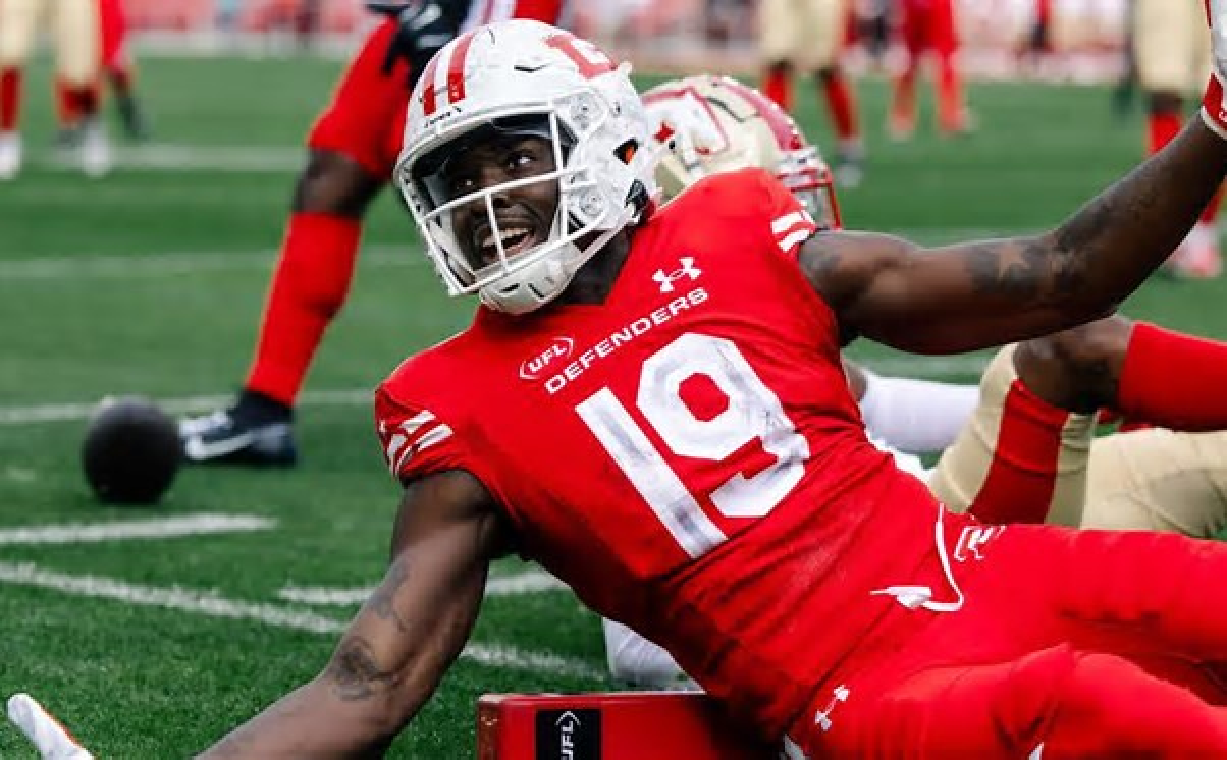UFL 2025: Navigating the Sophomore Slump in a Crowded Football Landscape

Introduction: A Rocky Start for the UFL’s Second Season
The United Football League (UFL) entered its 2024 debut season with optimism, drawing strong viewership and carving a niche in the spring football market. However, Week 1 of the 2025 season revealed a stark reversal: ratings plummeted by over 50% in some matchups, raising existential questions about the league’s viability. This article examines the causes of this decline, evaluates the UFL’s strategic missteps, and explores pathways to recovery.
Viewing Numbers: A Dramatic Decline
2025 vs. 2024: Game-by-Game Collapse
- 2024 Opener: 1.81 million viewers (Saturday afternoon, Fox).
- 2025 Opener: 690,000 viewers (Friday night, Fox), a 62% drop.
- Subsequent games in 2025 averaged 584,000–395,000 viewers, far below 2024’s 1.349 million–703,000 range.
Regional Disparities and Network Performance
- Fox vs. ESPN: Fox’s Friday opener outperformed ESPN’s Sunday doubleheader (569,000 and 395,000 viewers), suggesting network reach and time slots influence engagement.
- Market Loyalty: The Birmingham Stallions (defending champions) drew only 395,000 viewers, hinting at weak fan retention even in successful markets.
Factors Behind the Viewership Crash
1. Scheduling Missteps
- Friday Night Gamble: The 2025 opener aired on Friday, competing with high school sports and family entertainment. In contrast, 2024’s Saturday afternoon slot capitalized on post-NFL withdrawal.
- Sports Calendar Clash: The 2025 opener coincided with NCAA basketball’s March Madness and MLB’s opening week, fragmenting the sports audience.
2. Marketing and Branding Shortfalls
- Awareness Gap: Limited promotion of star players (e.g., Battlehawks’ QB A.J. McCarron) and narratives (e.g., Stallions’ title defense) failed to generate buzz.
- Comparison to XFL 2020: The XFL’s 2020 reboot used aggressive social media campaigns and player mic-ups but folded due to external factors (COVID-19). The UFL’s quieter approach may have hurt visibility.
3. Quality and Perception Issues
- On-Field Product: Critics note inconsistent gameplay and lower-tier talent compared to the NFL, reducing casual fan interest.
- “Minor League” Stigma: Without unique rules (e.g., XFL’s kickoff format) or NFL partnerships, the UFL struggles to differentiate itself.
Strategies for Revival: Learning from Past Leagues
1. Embrace Digital and Youth Engagement
- Partner with TikTok or Twitch to stream games and highlight player personalities.
- Adopt the XFL’s 2020 strategy of mic’d players and coaches to humanize the sport.
2. Optimize Scheduling
- Avoid March Madness and MLB overlaps. Target February weekends post-Super Bowl, as the Alliance of American Football (AAF) attempted in 2019.
- Experiment with weekday games (e.g., Thursday Night Football model) to minimize competition.
3. Leverage NFL Partnerships
- Pursue a formal relationship with the NFL for player loans or practice squad integrations, akin to MLB’s minor-league system.
- Showcase NFL prospects to attract scouts and draft enthusiasts.
4. Hyper-Local Marketing
- Invest in community events in team cities (e.g., St. Louis, Birmingham) to build grassroots loyalty.
- Offer discounted tickets and family packages to boost stadium attendance, which often correlates with TV engagement.
The Road Ahead: Survival or Obscurity?
The UFL’s 2025 collapse mirrors the AAF’s 2019 failure and the XFL’s COVID-induced bankruptcy. However, the league retains advantages: a merged XFL-USFL infrastructure, established teams, and broadcast deals. To avoid becoming a footnote, the UFL must:
- Act Swiftly: Mid-season adjustments, like rule tweaks or surprise player signings, could spark media attention.
- Long-Term Vision: Commit to a 5-year plan, prioritizing player development and digital innovation.
Conclusion: A Pivotal Moment for Spring Football
The UFL’s 2025 stumble is a warning but not a death sentence. By addressing scheduling, marketing, and differentiation, the league can reclaim its role as football’s spring showcase. As fans and analysts debate its future, one truth remains: in the crowded world of sports, innovation and adaptability are non-negotiable.
Feedback Questions for Readers
- Should the UFL prioritize rule changes to stand out, or focus on mimicking the NFL’s model?
- How can the league better leverage streaming platforms to reach younger audiences?
- Which cities deserve expansion teams to maximize regional interest?